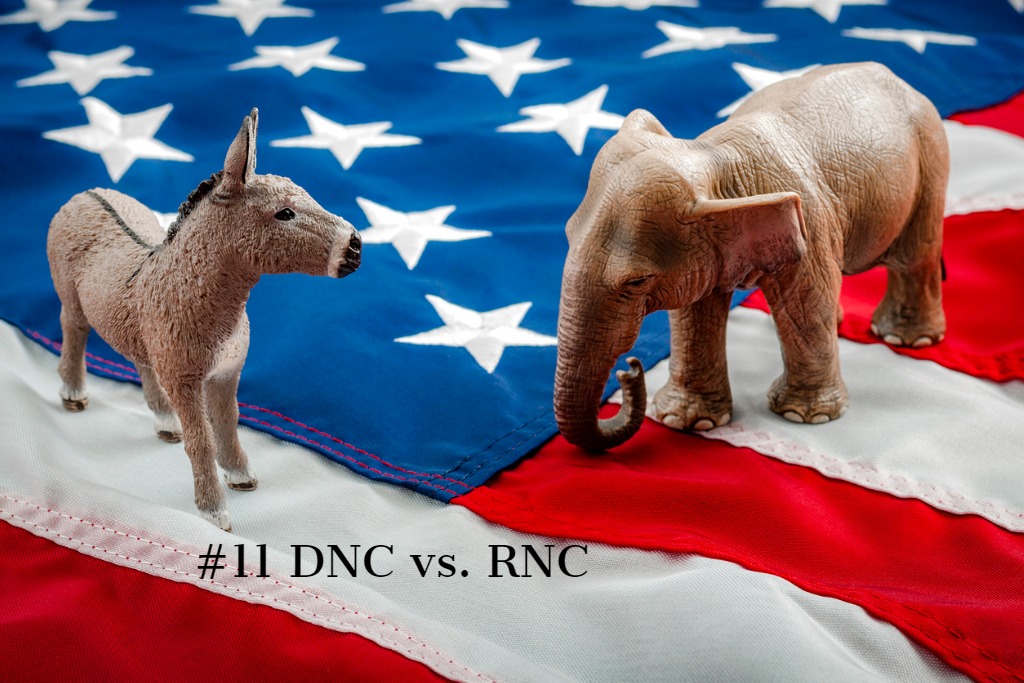#11 Genova Burns’ 30th Anniversary Countdown of the Most Influential Cases, Events and Laws
DNC vs. RNC (1981) and Related Challenges
December 5, 2019
The National Ballot Security Task Force was a controversial group founded in 1981 in New Jersey by the Republican National Committee (RNC) as a means of intimidating voters and discouraging voter turnout among likely Democratic voters in the gubernatorial election. The group's activities prompted the DNC to bring a federal lawsuit following the 1981 election, alleging a violation of the Voting Rights Act, illegal harassment, and voter intimidation.
In 1982, the RNC and the New Jersey Republican State Committee entered into a consent decree, barring them from engaging in further such conduct until 2017. The RNC unsuccessfully tried to lift the consent decree early, and such attempts were repeatedly rejected by federal courts. Alleging instance of new conduct, Democrats sought an extension to the decree before it was set to expire on December 1. The request was denied in January 2018 and the decree expired as prescribed.
“What started in New Jersey as allegations of voter interference and voter suppression quickly grew into a national case of race and the right to vote without intimidation. While the consent decree which came out of the DNC vs. RNC case has since sunset, the related challenges while it was in effect, subsequent voter legislation, and the general election approach used by political parties has been forever impacted by this important case,” said Avi D. Kelin, Esq., Associate at Genova Burns.
CASE SUMMARY:
The Republican National Committee (RNC) was sued for voter intimidation in the 1981 New Jersey gubernatorial election. The facts of the case are that the RNC allegedly created a voter challenge list by mailing sample ballots to individuals in precincts with a high percentage of racial or ethnic minority registered voters and, then, including individuals whose postcards were returned as undeliverable on a list of voters to challenge at the polls.
The RNC also allegedly enlisted the help of off-duty sheriffs and police officers to intimidate voters by standing at polling places in minority precincts during voting with National Ballot Security Task Force armbands, and some officers were alleged to have worn their firearms in a visible manner.
In order to settle the case, the RNC entered into a consent decree, agreeing to comply with all federal and state voting laws, solicit court approval before engaging in ballot security activities, and refrain from intimidating practices against voters at the polls. The Democratic National Committee (DNC) sued for violation of the order in 1982, and became part of the consent decree.
In 2008, the RNC sought to vacate the consent decree, arguing that circumstances had changed since the enactment of the National Voter Registration Act of 1993, the Bipartisan Campaign Reform Act of 2002, and the Help America Vote Act of 2002, and that the consent decree was no longer effective and needed. The Third U.S. Circuit Court of Appeals in Philadelphia rejected the request, saying the RNC had not adequately identified any significant changes that would make it unfair to continue the
decree. In their decision, the court found:
- The First Amendment does not cover an agreement between two private parties in this situation, regardless of Court supervision;
- Just because African-Americans held several prime government roles did not mean that minorities were no longer subjected to voter intimidation;
- An increase in minority voters did not demonstrate that minority votes were not being suppressed
- The consent decree was not rendered moot by the three voting regulations enacted since the original decree;
- It was not in the public interest to vacate the decree; and
- The decree was not “unworkable,” just because the RNC must use “hard money” to defend itself against voter intimidation lawsuits.
In an effort to extend the consent decree beyond its sunset in December of 2017, the DNC needed to show that the RNC had violated the decree’s terms. In their extension attempt, Democrats pointed to a series of incidents during the 2016 election in which they alleged people connected to the RNC were engaged in poll watching. In their ruling, the Court found that despite the various claims, the Democrats had not shown any violation “by a preponderance of the evidence.” The decision declared that the consent decree could expire as originally prescribed.
While the end of the consent decree means that the RNC is free to ramp up its efforts dealing with voter fraud and monitoring of polling locations, it is not completely clear as to whether the RNC resumed such work, leaving these efforts to individual campaigns and state political parties in recent election cycles. Republican leaders have regularly urged their political counterparts to avoid such activities, as voter opinions, especially among minority populations, have shown that these activities are regularly viewed as discriminatory.
Tags: GENOVA BURNS LLC • DNC • Political • 30th Anniversary

